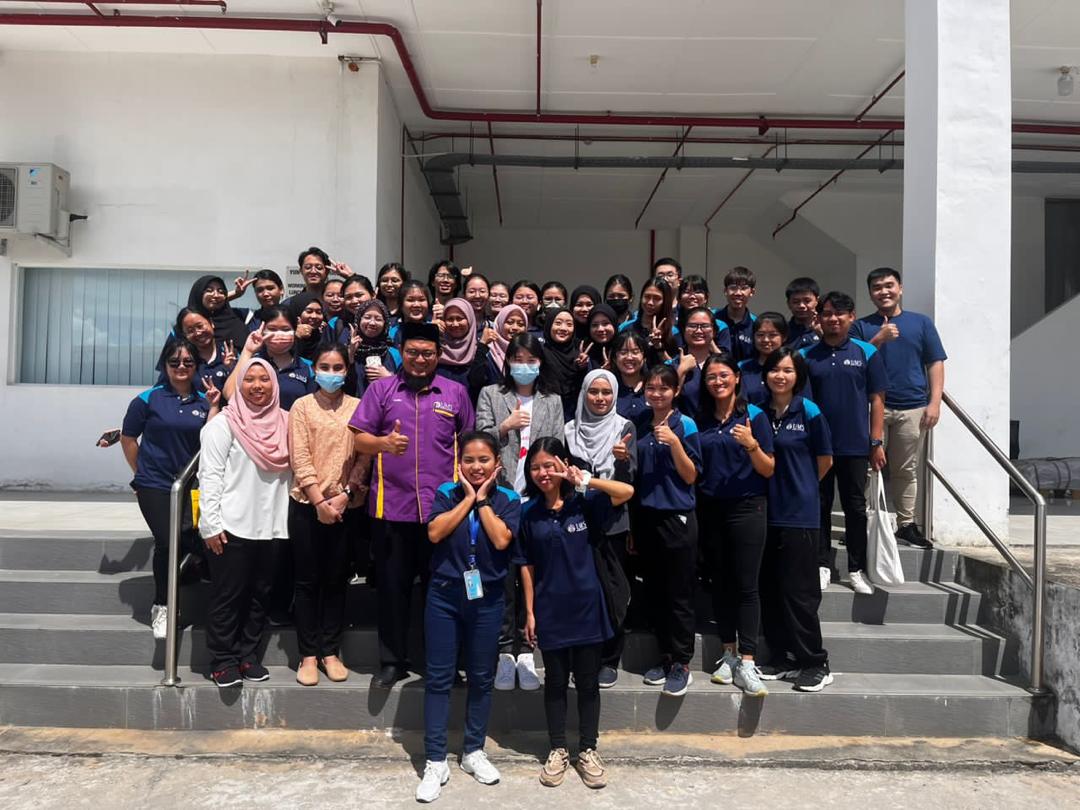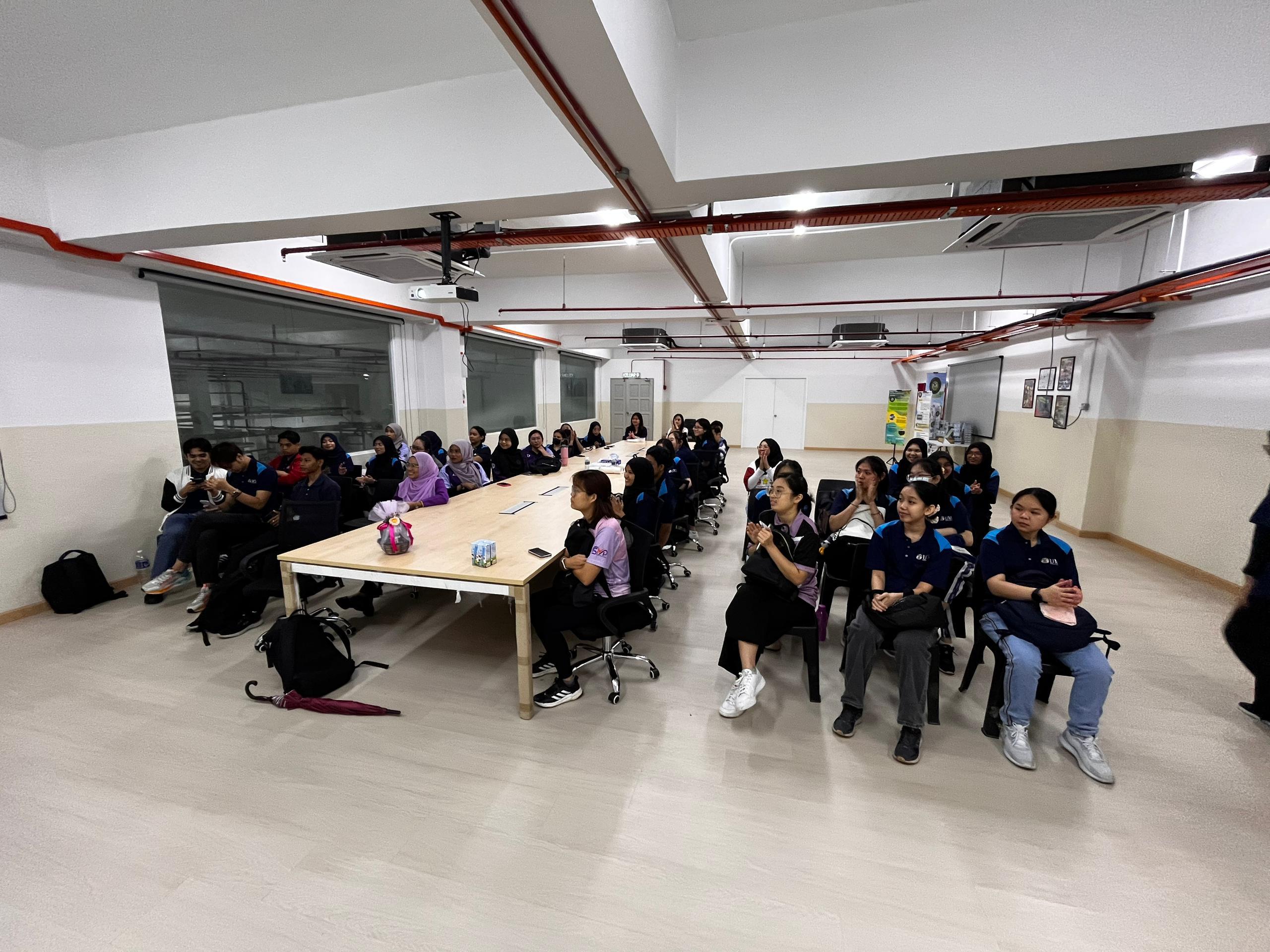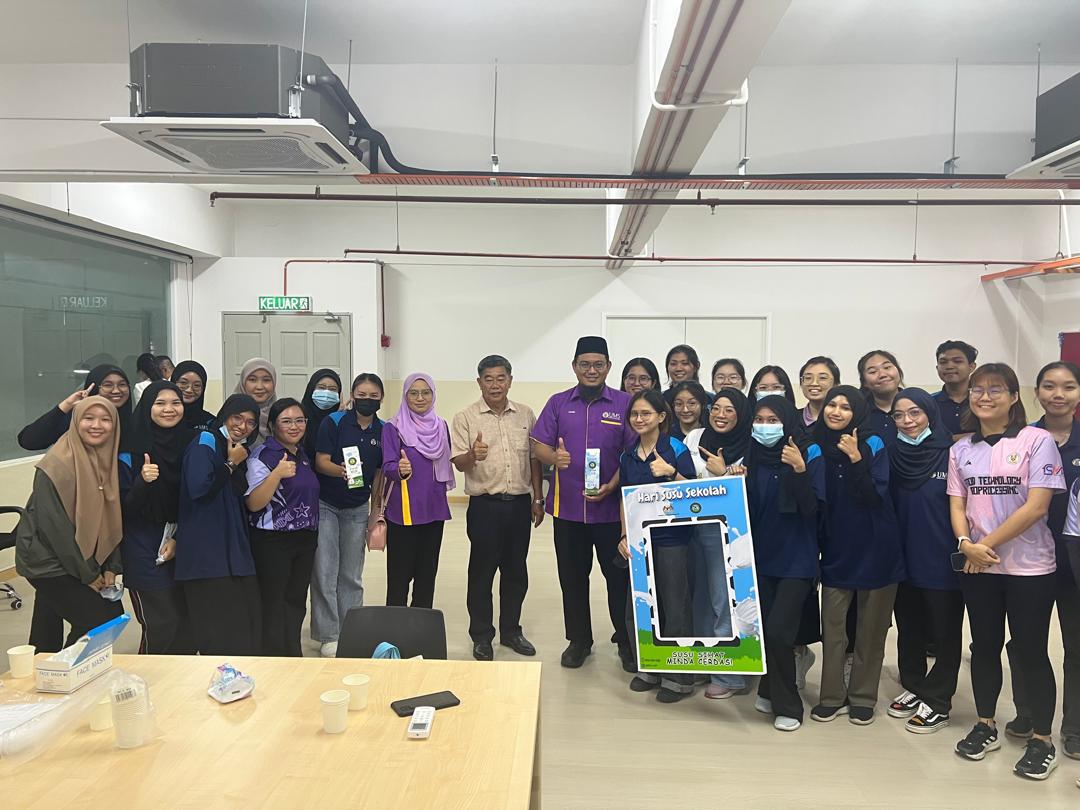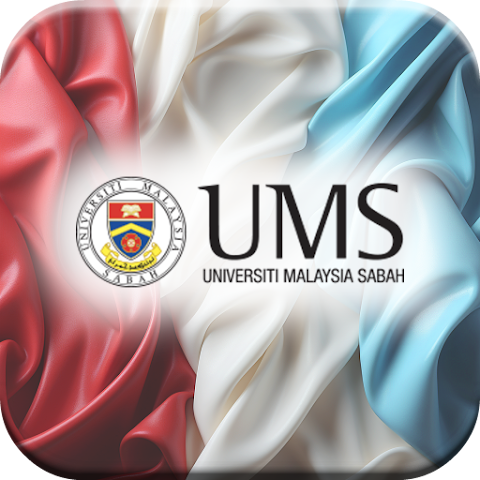PROGRAMME OVERVIEW
This programme is designed to produce food scientists with specialisation in food science and nutrition. Students of this programme will study the physical, microbiological, and chemical makeup of food with special emphasis on food sciences (food toxicology, functional foods, food innovation, enzymes in food processing, food ingredients) and nutrient content of food, nutritional function of foods and its effects on health. Students will be required to undergo industrial training outside the university to enable them to gain work experience and opportunities to apply their theoretical knowledge and practical skills. Graduates from this programme can be employed in the food industry, government/non-government agencies, education and research sector.
PROGRAM CODE
STUDY DURATION
STUDY OPTIONS
PROFESSIONAL RECOGNITION
MQA REFERENCE NUMBER
CAMPUS
Meet Our Lecturers

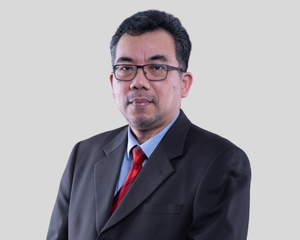

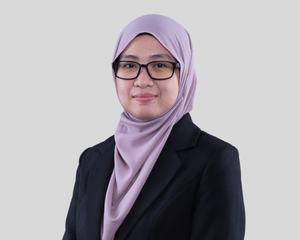
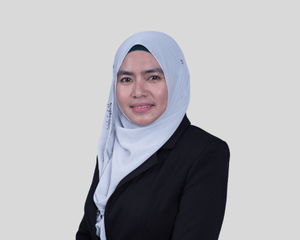
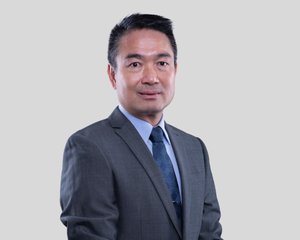



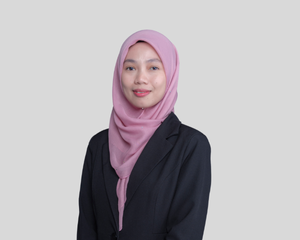
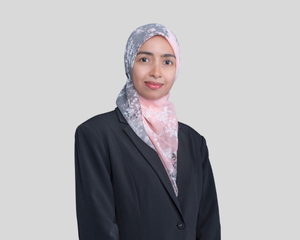


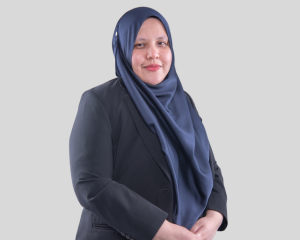
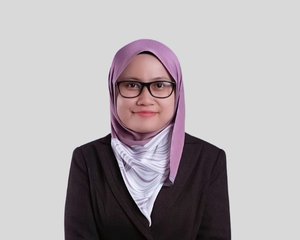

- Able to apply their knowledge and act responsively to the contemporary issues associated with food industry.
- Able to apply cognitive skills to solve a broad range of complex problems.
- Able to apply various functional skills such as practical, interpersonal, communication, digital, numeracy, leadership, autonomy, and resposibility in work.
- Able to apply personal skills in self-advancement and demonstrate entrepreneurial competency.
- Able to make decision ethically and act professionally within various social-economic environments.
Upon successful completion of the programme, graduates will be able to have the following specific capabilities.
-
PLO1 - Describe comprehensive theoretical and technical knowledge in the field of food science and nutrition.
-
PLO2 - Demonstrate intellectual capabilities to apply knowledge and skills in the work environment.
-
PLO3 - Apply a range of essential practical skills to solve a broad range of problems.
-
PLO4 - Work together with people of diverse backgrounds.
-
PLO5 - Convey ideas effectively to a diverse audience.
-
PLO6 - Use a broad range of information, media and technology applications.
-
PLO7 - Use various numerical and graphical/visual data.
-
PLO8 - Demonstrate leadership, accountability and decision-making capabilities.
-
PLO9 - Engage in self-directed lifelong learning.
-
PLO10 - Demonstrate entrepreneurial competency and appreciation of socio-economic issues.
-
PLO11 - Demonstrate adherence to professional ethics.
CAREER PROSPECT





